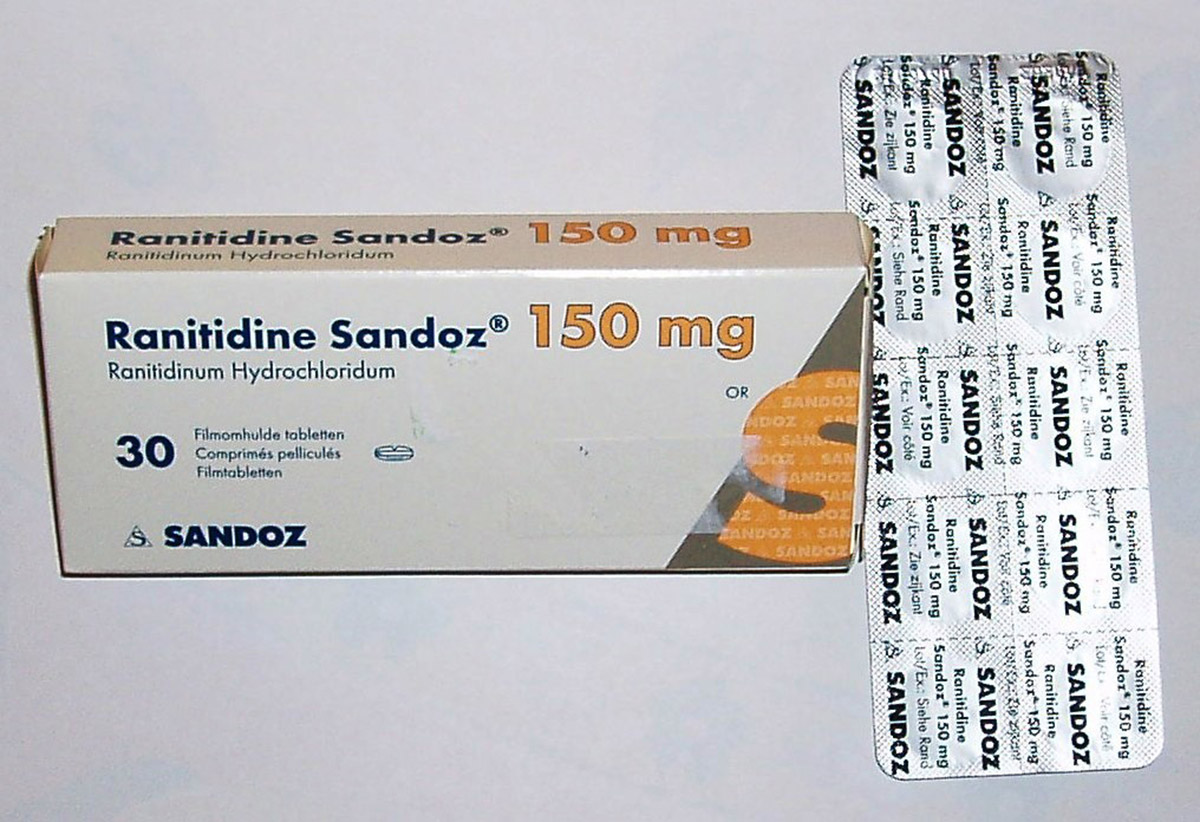
Ranitidine for stomach acidity
Ranitidine is a certain type of medication which comes from the group called histamine 2 blockers. It is very efficient when it comes to reducing the amounts of stomach acid production. This is why it is commonly used for the treatment of gastroesophageal reflux disease, peptic ulcer disease and similar medical conditions. It may also be combined with certain other types of antihistamines such as fexofenadine for the treatment of hives and similar skin related medical conditions. Ranitidine can also be used for the prevention and treatment of ulcers and the Zollinger-Ellsion syndrome. Even though it is helpful with the aforementioned medical conditions, it also increases the risk of the development of pneumonia. For those who do not know what the symptoms of pneumonia are, they include coughing up mucus, feeling short of breath, fever and chest pain. Those who are allergic to ranitidine should not use the medication. Another important thing that needs to be pointed out is that ranitidine is should not be used by those who suffer from certain types of medical conditions such as porphyria, liver disease and kidney disease. Ranitidine commonly comes in the form of effervescent tablets or granules and it needs to be dissolved in water before being taken. Sometimes they need to be taken in combination with antacids so that the pain can be relieved. It is very important not to take alcohol when taking ranitidine because it may cause further damage to the stomach. In some cases, the medication needs to be taken for 8 weeks in order to heal the ulcers. Pregnant women and those who plan on becoming pregnant should consult the doctor before using ranitidine. Breastfeeding women should steer clear of ranitidine because it is known for passing into breast milk and posing a health risk for the baby. Those who suffer from phenylketonuria need to consult the doctor before using ranitidine because it contains phenylalanine.
It is of utmost importance to always take ranitidine according to the directions included on the label. One should also make sure to follow all the directions prescribed by the doctor. No medication should be used for longer amounts of time than recommended. It is also strongly advised not to use medicaments in smaller or larger amounts than prescribed. As already explained, certain types of antacids are commonly used in combination with ranitidine in order to relieve the painful sensations. These medications also need to be taken strictly according to the directions given by the doctor. This addresses the way it is used along with the frequency of the use and the dosage. The effervescent tablets of ranitidine should not be broken, chewed or crush. It is also strongly advised not to dissolve them on the tongue. Each 25 milligram effervescent tablet of ranitidine needs to be dissolved in a teaspoon of water. Bigger 150 milligram effervescent tablets of ranitidine need to be dissolved in 8 ounces of water. The tablet needs to be dissolved in the water completely before the entire mixture can be drunk. Ranitidine liquid needs to be measure in a specially designed measuring cup or measuring spoon. These can be purchased in most well equipped pharmacies. Ranitidine is a type of medication which needs to be stored at room temperature and it needs to be kept away from direct light, heat or moisture. Those who suffer from severe bouts of acid reflux may be treated with 600 milligrams of ranitidine each day, but those need to be divided into 4 equal doses. This kind of dosing is rarely used nowadays. Certain severe medical conditions such as the Zollinger-Ellison syndrome may be treated with very high doses up to 6000 milligrams per day without causing any further medical complications.
Side effects of Ranitidine
As is the case with most different types of drugs, medications, herbal remedies, preparations and other substances commonly used for the prevention and treatment of numerous sorts of ailments and medical conditions, ranitidine may sometimes be associated with certain unwanted side effects. This medication is known for sometimes decreasing mucosal perfusion in those who suffer from cardiac failure or acute renal failure. This is a very serious medical problem as it significantly increases the risk of death in such patients. It is also known for sometimes reducing the secretion of the gastric intrinsic factor. This may reduce the absorption of vitamin B12, which in some cases also may be a serious medical situation. In some cases, ranitidine may also be held responsible for the reduced absorption of calcium carbonate, azole antifungals and several other types of drugs. As already mentioned, ranitidine may sometimes increase the risk of the development of pneumonia in both children and adults. The same can be said for salmonella, traveler’s diarrhea and ordinary diarrhea. Ranitidine may also increase the risk of development of certain types of food allergies.




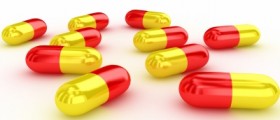




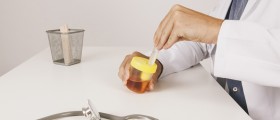
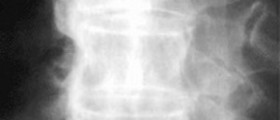


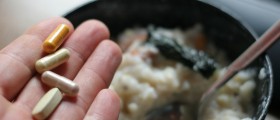
-Arthritis_f_280x120.jpg)
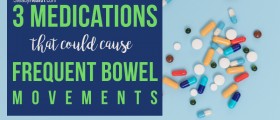

Your thoughts on this
Loading...